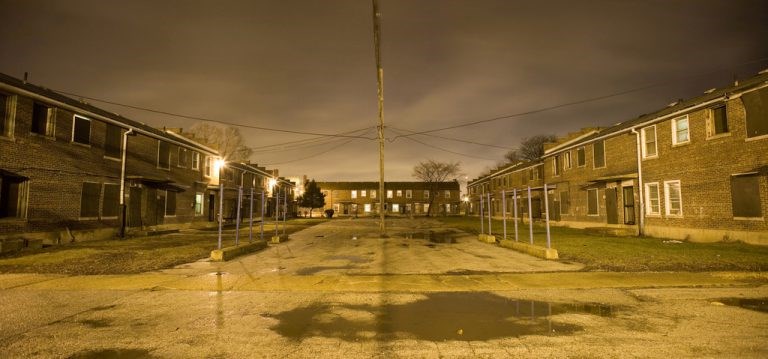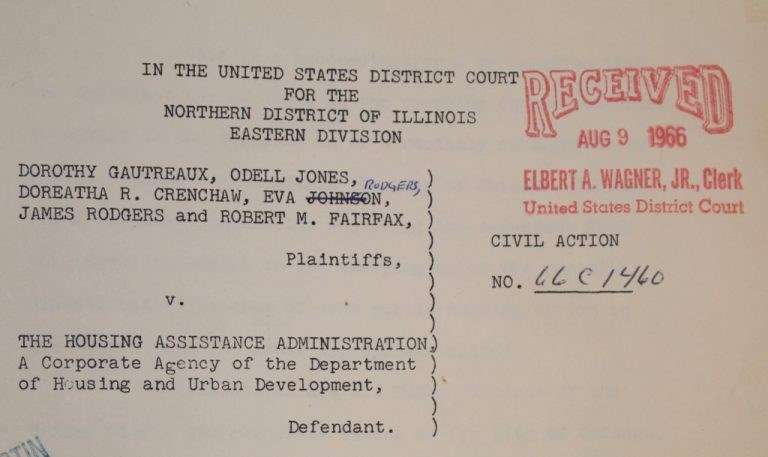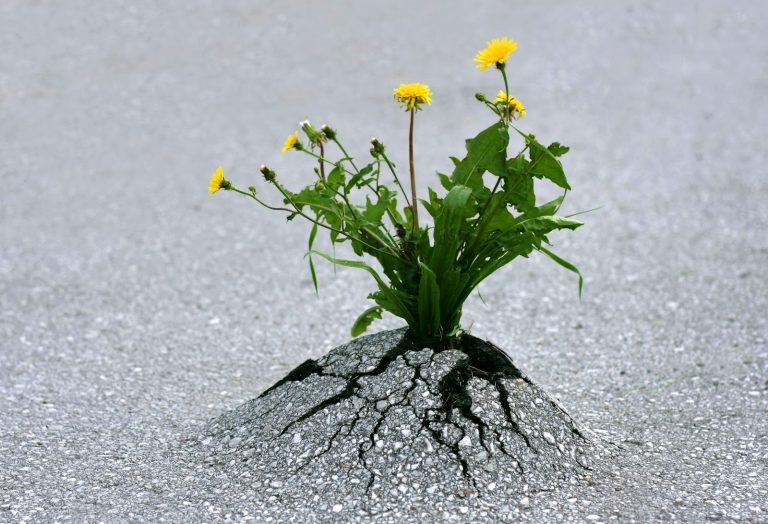
Photo: peopleforcommunityrecovery.org
In 1966, the American Civil Liberties Union and a woman named Dorothy Gautreaux initiated a class action lawsuit against the Chicago Housing Authority, alleging the CHA engaged in racial discrimination in its public housing policy. The lawsuit claimed that public housing erected solely in areas with high concentrations of poor minorities was in violation of the federal guidelines and the Civil Rights Act of 1964.

The ACLU won the lawsuit, and in 1978, the Gautreaux Program began moving families from the projects into Chicago's wealthier suburbs through a voucher program. With the launch of the program was a study by Northwestern University, which would track over the next ten years whether the change of a zip code would change the outcome of a family's life.
My family was one of ten Gautreaux families moved from Altgeld Gardens Housing Project to integrate a little township in the southwest suburbs called Woodridge. Suddenly, my two younger sisters and I went from dodging fist fights on the way to school, to being dropped into what appeared a scene out of the Brady Bunch.
It was a beautiful existence, yet, a hard adjustment, because we experienced a lot of racism. So to ease the pain of that adjustment, every weekend, we travelled back to the city to visit our family on the South Side of Chicago. And it was during these first few years of traveling back and forth I began to notice the stark differences between what we now had in the suburbs and what the rest of our family had back in the city:
In the suburbs, we had dishwashers, washing machines and air conditioners inside of each home, with swimming pools, tennis courts and golf courses in any direction. We had shopping malls and gigantic grocery stores with ten times the selection of food. On the playgrounds, the paint had not yet rusted off the monkey bars or slides, and the swings were still attached. But the most impressive of all: no chicken bones, broken glass or rats to avoid during outside play!
Those were the first things I noticed through my juvenile eyes.

Photo: Patch
It was clear that life was arranged differently for white people than for black people. And at the time, I didn't understand why.
I felt lucky to be living the way we lived, but I needed to know why none of us back in Chicago knew this life even existed. Besides being a naturally curious little gemini, this experience is what first piqued my desire to understand inequality; to always peek behind the curtain, push the boundaries, seek out the forbidden, and search for what might be hidden on the other side.
It's a funny habit of mine, playing Inspector Gadget-- one that sometimes ended me up in trouble but, more often, landed me opportunities and resources I would not otherwise have.
All of this to say, if you are feeling that your circumstances are bleak, do not resign yourself to what has been placed in front of you. Do not believe that that is all there is for you. Push! I promise you, there is more.

Photo: Pinterest
Today's headlines are daunting. And while so many of us are still struggling financially to make ends meet, it's easy to feel hopeless, confused, defeated. It may feel as though all is lost. But nothing is ever truly lost. Everything we ever need is available to us; even if it is hidden from plain view. There will always be groups of people-- regardless of their racial background-- intent on hoarding resources, hiding truths or abusing power. This is a constant, a part of life. So, then make it a part of your life to push.
Treat the uncomfortable space you may be in as a moral assignment to seek justice and equality; to live the life you deserve. And be free.
Read. Research. Observe. Organize. Strategize. Then, push! Despite the pushback you may receive; the times of no progress or even the trouble you may cause, do not give up. Eventually, you will break through.
Push!
What's waiting for you on the other side might surprise you.
Sincerely,
Zawadi Morris, Publisher
P.S. If you'd like to learn more about the Gautreaux Program results and my family's story, The New York Times published a recent video retrospective that you can watch here.



